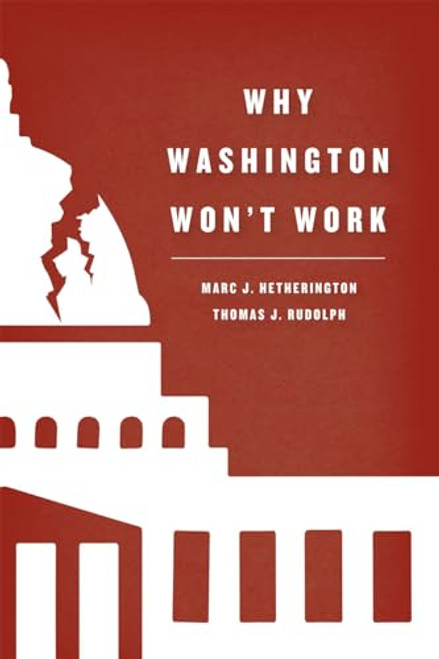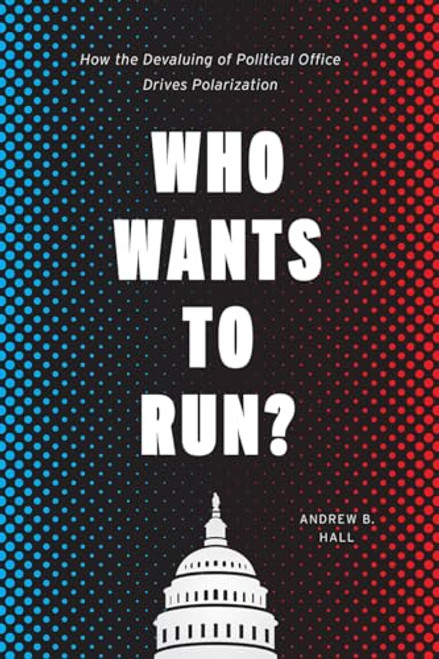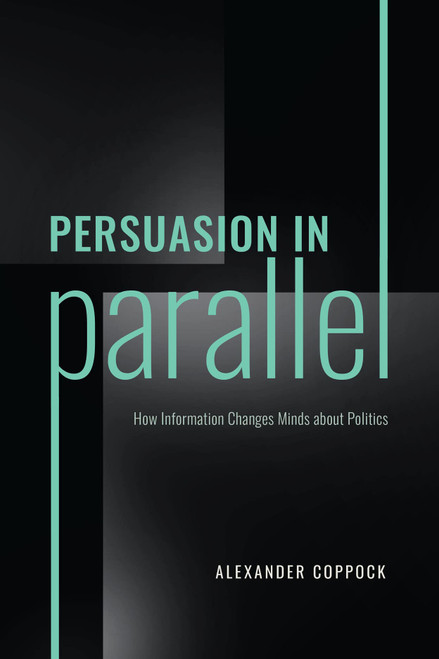Polarization is at an all-time high in the United States. But contrary to popular belief, Americans are polarized not so much in their policy preferences as in their feelings toward their political opponents: To an unprecedented degree, Republicans and Democrats simply do not like one another. No surprise that these deeply held negative feelings are central to the recent (also unprecedented) plunge in congressional productivity. The past three Congresses have gotten less done than any since scholars began measuring congressional productivity. In Why Washington Wont Work, Marc J. Hetherington and Thomas J. Rudolph argue that a contemporary crisis of trustpeople whose party is out of power have almost no trust in a government run by the other sidehas deadlocked Congress. On most issues, party leaders can convince their own party to support their positions. In order to pass legislation, however, they must also create consensus by persuading some portion of the opposing party to trust in their vision for the future. Without trust, consensus fails to develop and compromise does not occur. Up until recently, such trust could still usually be found among the opposition, but not anymore. Political trust, the authors show, is far from a stable characteristic. Its actually highly variable and contingent on a variety of factors, including whether ones party is in control, which part of the government one is dealing with, and which policies or events are most salient at the moment. Political trust increases, for example, when the public is concerned with foreign policyas in times of warand it decreases in periods of weak economic performance. Hetherington and Rudolph do offer some suggestions about steps politicians and the public might take to increase political trust. Ultimately, however, they conclude that it is unlikely levels of political trust will significantly increase unless foreign concerns come to dominate and the economy is consistently strong.
Why Washington Won't Work: Polarization, Political Trust, and the Governing Crisis (Chicago Studies in American Politics)
University of Chicago Press
$12.55 - $38.83
- UPC:
- 9780226299211
- Maximum Purchase:
- 2 units
- Binding:
- Paperback
- Publication Date:
- 9/14/2015
- Release Date:
- 9/14/2015
- Author:
- Hetherington, Marc J.
- Language:
- English: Published; English: Original Language; English
- Pages:
- 256










